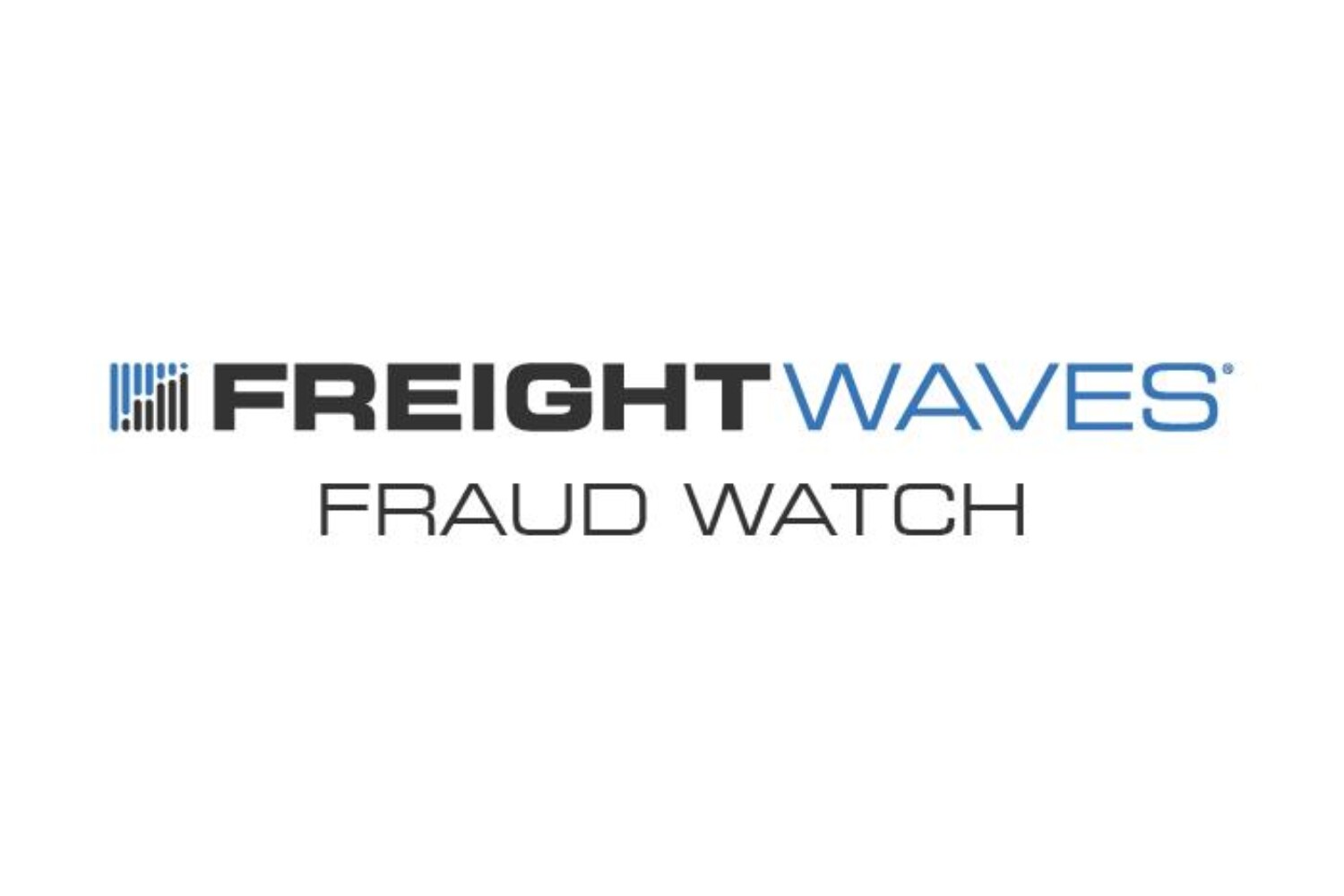Statistics underscore the problem’s scale, though sources vary…
|
|
|
|
|
Descartes MyCarrierPortal delivers next gen carrier vetting & monitoring technology to stop fraud before it starts. Protect your freight, ensure compliance, and verify with confidence.
|
|
|
Reno, Nevada. (Photo: Wikimedia Commons)
|
|
|
Ceva Logistics shipment of Apple products worth $15M stolen in Reno
|
|
|
In early July 2025, a sophisticated cargo theft took place in Reno, Nevada, involving a semi-trailer loaded with approximately $15 million worth of Apple products and semiconductors. The shipment, managed by global logistics provider Ceva Logistics, was en route from Sacramento, California, to Sierra Airfreight Express in Reno. The incident occurred at a non-secure Sierra warehouse, which lacked fencing and security guards, and took place after normal business hours when no employees were present.
Security footage from the facility captured the suspects as they drove a tractor onto the lot, hooked up to the Ceva Logistics trailer, and left the premises with the high-value cargo. The trailer was discovered several days later in Madera, California, but by then, all of its contents had been stolen. The Reno Police Department is actively investigating the case, but the total loss remains officially undetermined.
The theft has raised significant concerns about the security protocols employed by Ceva Logistics, especially given the high value and attractiveness of the cargo. The fact that the trailer was left at an unsecured facility after hours, coupled with the apparent knowledge the thieves had about the shipment, suggests a level of planning and possible insider information.
This incident is emblematic of a broader trend of rising cargo theft across the United States. According to CargoNet, a theft prevention company, cargo crimes reached an all-time high of more than $1 billion in losses in 2024, a 27% increase from 2023. Projections indicate these losses could rise another 22% by the end of 2025. Organized cargo theft is becoming increasingly sophisticated, driven by insider leaks, advanced surveillance technology, and even AI-enabled coordination. The latest data from GearTrack and CargoNet highlight a surge in theft activity, particularly in states like Indiana, Texas, and Illinois, and a nationwide shift toward targeting high-value commodities such as electronics, vehicles, and household goods.
In 2024, the United States averaged 185 reported cargo thefts per month—about six per day—up from four per day the previous year. The theft of full truckloads, as in this case, remains the most common tactic, with electronics being the most frequently targeted product type. Both Ceva Logistics and Apple declined to comment on the specifics of the Reno theft, reflecting the ongoing nature and sensitivity of the investigation.
|
|
|
Freight Fraud Video of the Week 🤩
|
|
|
On this week’s episode of Check Call, Mary O’Connell dives into fighting freight fraud through internal practices. Our guest, Jay Frieden, COO of RJ Logistics breaks down the approach they took to heavily mitigate exposure to fraud and how they’ve found a successful solution.
|
|
|
Descartes releases next-gen visibility tech to further protect from fraud & theft
Freight fraud is on the rise, with increasingly sophisticated threats. Shippers and brokers face the challenge of quickly covering loads while manually verifying carriers—an error-prone, time-consuming process made riskier by identity theft, even among trusted partners.
Enter Descartes MacroPoint™ FraudGuard 2.0, a significant enhancement to companies’ existing fraud-prevention arsenal. FraudGuard 2.0 empowers users to prevent fraud and theft through automated monitoring and real-time risk alerting for both pre-tender, pre-pick up and in-transit shipments.
|
|
|
Operations manager at Tribe Transportation indicted for embezzling $500K
|
|
|
In July 2025, federal authorities charged Dustin Jarrard, a former operations manager at Tribe Transportation in Gainesville, Georgia, with embezzling more than $500,000 from the company through a complex reimbursement fraud scheme. Jarrard, who served in his role from May 2018 through May 2024, was responsible for requesting expense reimbursements on behalf of truck drivers—a position that granted him significant trust and access to company funds.
According to the U.S. Attorney’s Office for the Northern District of Georgia, Jarrard exploited his authority by submitting fraudulent reimbursement requests to Tribe Transportation’s accounting department. The process typically required the driver’s name, the reason for the expense, and the amount to be reimbursed. However, Jarrard manipulated this system in several ways over a period of more than three years.
In some instances, Jarrard fabricated requests for drivers who were not actually employed by the company, ensuring that the payments were directed to himself. In other cases, he recruited current Tribe Transportation drivers to participate in the scheme. Together, they falsely claimed expenses that were never incurred and requested layover bonuses that had not been earned. Once these fraudulent payments were processed, the colluding drivers would transfer a portion of the funds back to Jarrard for his personal use.
The scheme resulted in the misappropriation of over half a million dollars, funds that were originally intended to support truckers on the road. The case was brought to light through an investigation conducted by the Federal Bureau of Investigation (FBI), with Special Agent in Charge Paul Brown describing the crime as “financial fraud fueled by greed.” He emphasized the FBI’s commitment to uncovering and stopping corporate theft of this nature.
Jarrard, 38, was arraigned before United States Magistrate Judge Anna W. Howard after a federal grand jury indicted him on July 22, 2025, for wire fraud. The prosecution is being led by Assistant United States Attorney Jennifer Keen. The indictment is a formal accusation, and Jarrard is presumed innocent until proven guilty in court. The government bears the burden of establishing his guilt beyond a reasonable doubt at trial.
This case underscores the vulnerabilities that can exist within internal company processes and the importance of oversight, especially when employees are entrusted with financial responsibilities. It also highlights the federal government’s resolve to hold individuals accountable for abusing positions of trust in the transportation and logistics industry.
|
|
|
|
![]()

![]()